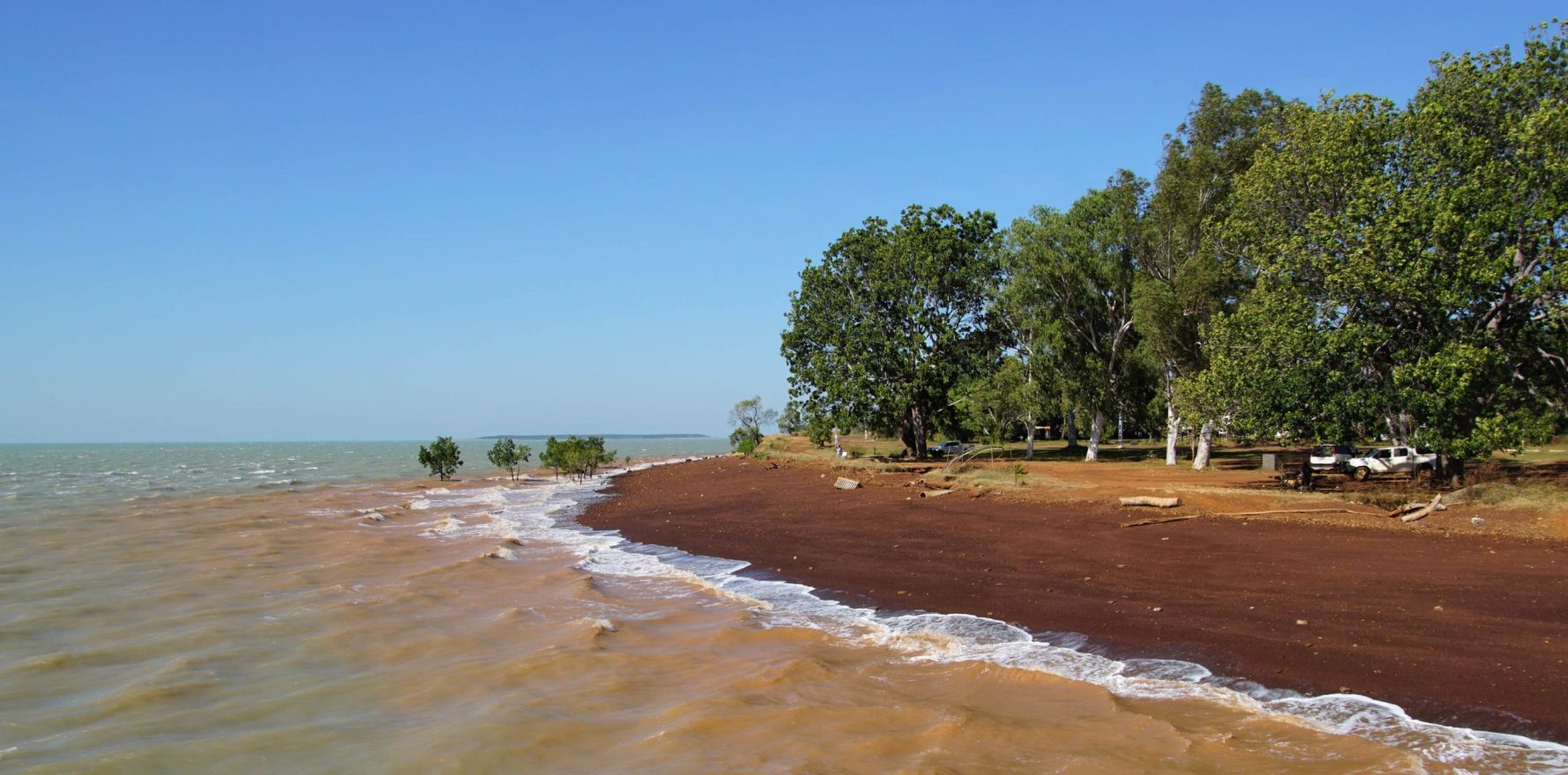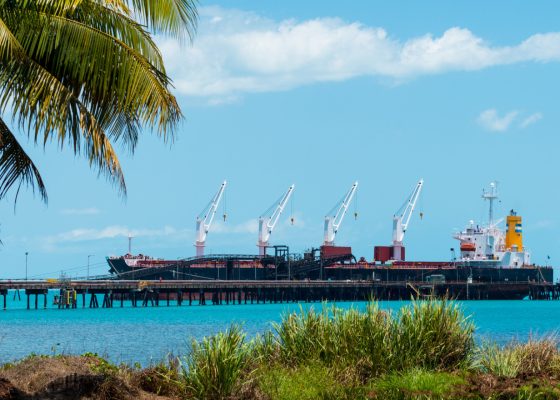The DoHAC has answered criticisms of its remote urgent care clinics announcement, but some details remain fuzzy.
The contentious Medicare urgent care clinics in remote regions of the Northern Territory, announced this week, will be staffed by Aboriginal health practitioners and remote area nurses, supported by rural generalists via telehealth, the Department of Health and Aged Care says.
Earlier this week the DoHAC announced the establishment of six new MUCCs – three in already operating community health centres and three in new remote locations – with doctors and nurses expressing “bafflement” and doubts about what benefit the clinics would provide in an area already struggling to find staff.
Late yesterday the DoHAC responded to HSD’s questions about the NT MUCCs’ workforce and model of care.
“The Australian government recognises the significant and unique primary healthcare workforce challenges that exist in the NT, particularly for remote primary health care services,” said a department spokesperson.
“Each remote Medicare UCC is serviced by Aboriginal health practitioners and remote area nurses.
“Adapting to the local needs and recruitment capacity, the assessment is undertaken by AHPs and RANs who are supported by rural generalists via telehealth.”
Following the August 2023 NT Primary Health Care Summit, the DoHAC and the Aboriginal Medical Services Alliance Northern Territory established a “time-limited group to develop and finalise an action plan with prioritised solutions to workforce issues”, the spokesperson said.
“The government has agreed to progress several actions from the plan in the near future … [and] … has agreed to progress several actions from the plan in the near future.”
The spokesperson did not detail what those actions were, but presumably the implication is that the establishment of MUCCs is part of that strategy.
The spokesperson did acknowledge that needs in the NT were unique and the MUCCs were “locally adapted to the remote setting and are integrated within remote health centres which are the first point of care to all health services in remote communities”.
“There are some operational variations of remote Medicare UCCs in comparison to other Medicare UCCs across the country,” the spokesperson said.
“This includes different workforce models and operating hours.
“Remote Medicare UCCs identified the times when the urgent care needs of the community have most impacted local primary care delivery and have aligned their operating hours to this period.
“Three existing remote urgent care clinics are transitioning to the Medicare UCC program, having previously been established under the Primary Care Pilot initiative with funding for two years from 2022-23.
“The Northern Territory government put forward a proposal to establish three additional remote urgent care clinics as part of the $1.2 billion Strengthening Medicare package announced in December 2023.
“These three locations were decided following recommendations from the Northern Territory Department of Health in partnership with the AMSANT.”
When the clinics were announced the DoHAC said they were designed to reduce the number of aeromedical retrievals taking place in the NT.
“The Northern Territory government is regularly consulting with the medical retrieval service, community health services, partner hospitals and CareFlight to seek feedback on integration of the model and consider service modifications if required,” said the spokesperson.
HSD understands that as of 24 July, 240 trainees are enrolled in the First Nations Health Worker Traineeship Program, led by the National Aboriginal Community Controlled Health Organisation.
Fifty trainees have completed the training across the country.
Of the 240 trainees enrolled, HSD understands more than 90 are enrolled in remote or very remote locations (Modified Monash 6 and 7), including 24 in the Northern Territory.



